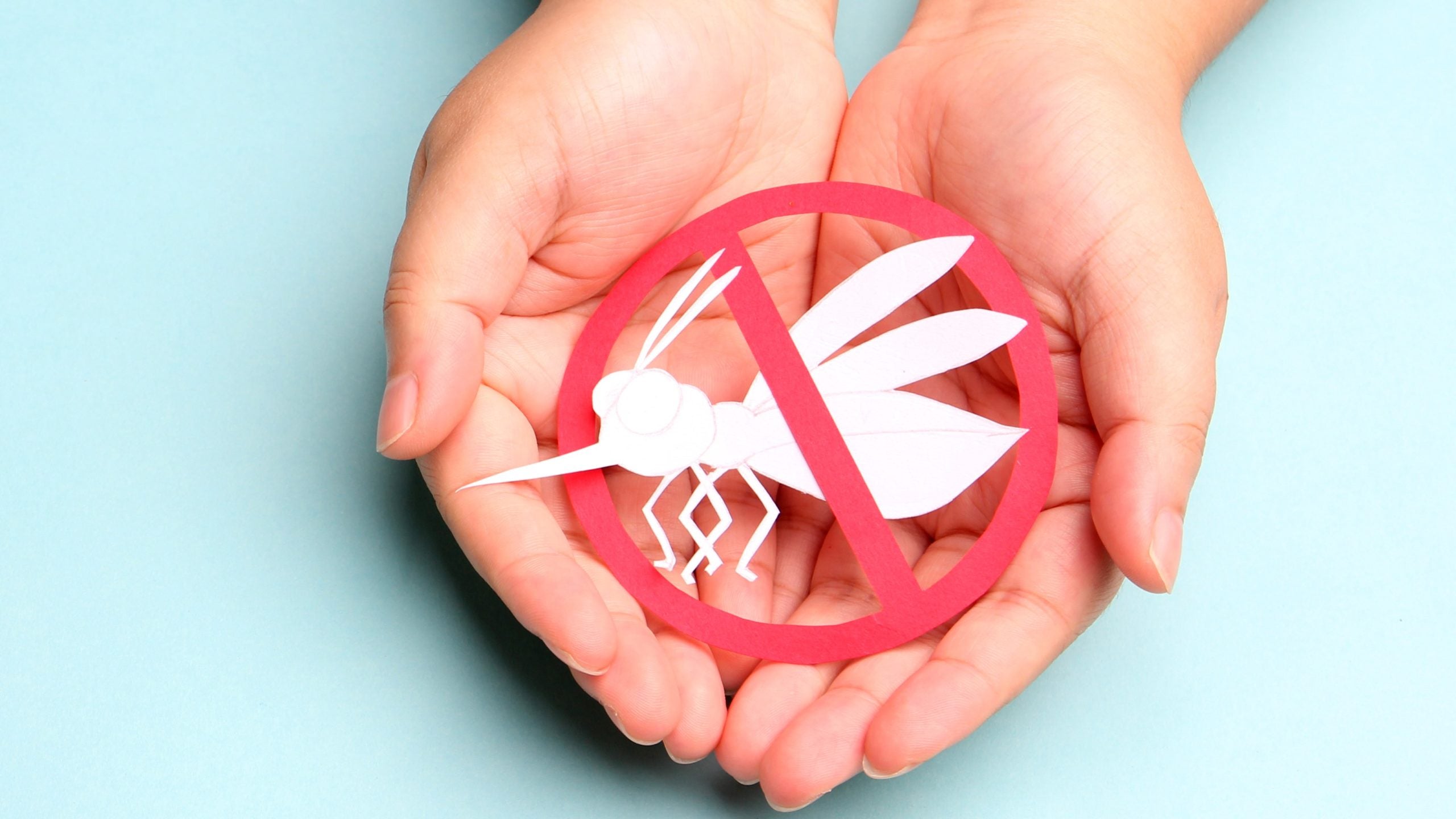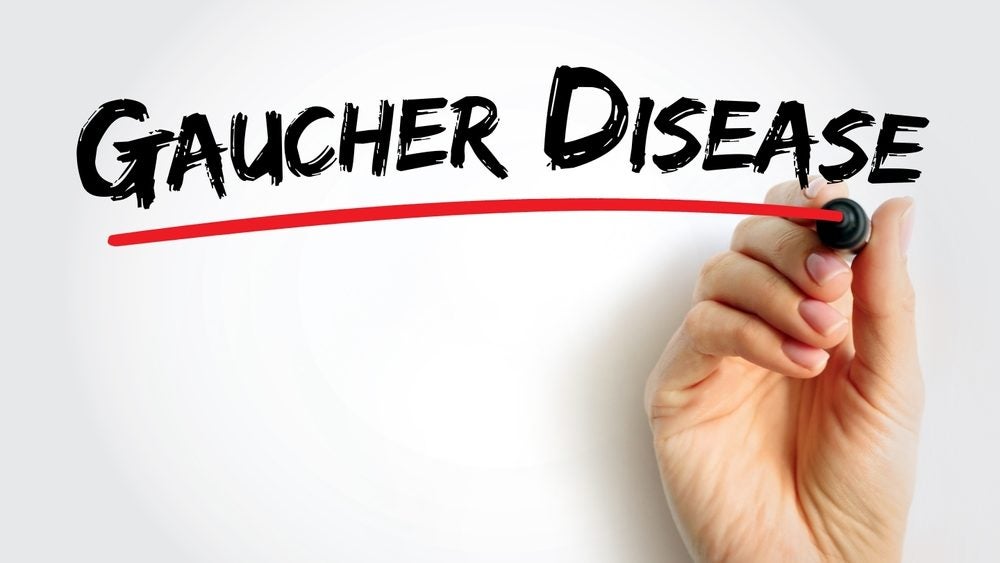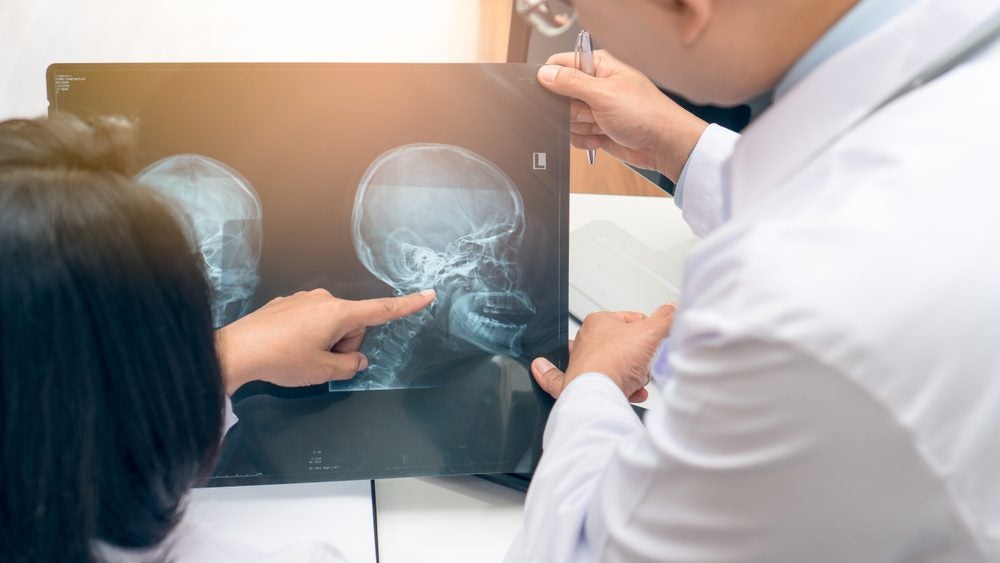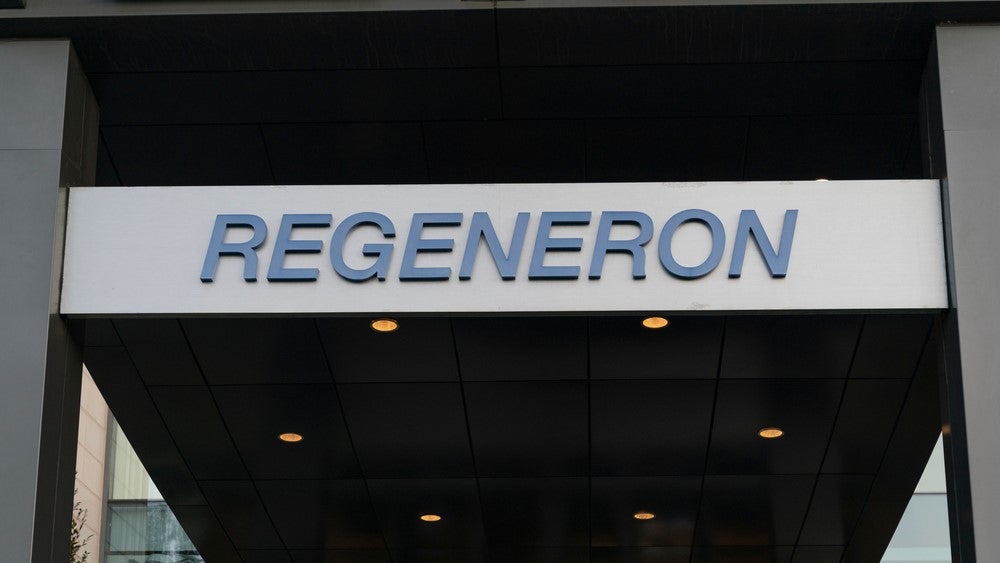
China-based Fosun Pharma has received Y500m ($3.3m) in funding from the Japanese Global Health Innovative Technology (GHIT) Fund to advance the development of a triple artemisinin combination drug for the treatment of malaria.
The triple artemisinin combination drug consists of a fixed dose formulation of three antimalarial drugs – artemether, lumefantrine and amodiaquine.
The funds will be invested in the Phase III trial investigating the combination therapy, as per a 14 December press release. The III trial will be jointly conducted by Fosun, Japanese investment company Marubini, Thailand-based research collaboration of universities Mahidol-Oxford Tropical Medicine Research Unit (MORU), and product development partnership Medicines for Malaria Venture (MMV).
Malaria is an infectious disease caused by plasmodium falciparum protozoa, which is transmitted by infected female Anopheles mosquitoes. There were 249 million cases of malaria last year, with 608,000 of these resulting in death, according to the World Health Organization (WHO).
Malaria is mostly found in tropical countries, with African regions having a high burden of the disease. Children under five years of age accounted for approximately 78% of all malaria deaths in the African region, as per WHO.
The triple artemisinin combination drug was developed to combat partial artemisinin resistance (ART-R). The ART-R was observed in the Greater Mekong Subregion (GMS), which includes countries such as China, Laos, Myanmar, Thailand, and Vietnam. The companies are also developing a co-formulated child-friendly version, given the disease prevalence in children.
How well do you really know your competitors?
Access the most comprehensive Company Profiles on the market, powered by GlobalData. Save hours of research. Gain competitive edge.

Thank you!
Your download email will arrive shortly
Not ready to buy yet? Download a free sample
We are confident about the unique quality of our Company Profiles. However, we want you to make the most beneficial decision for your business, so we offer a free sample that you can download by submitting the below form
By GlobalDataGHIT Fund is a public-private partnership between the Japanese Government, the Bill & Melinda Gates Foundation, the Wellcome Trust, the United Nations Development Programme and several pharmaceutical companies.
In recent months, several vaccines and therapies have been developed to prevent and treat malaria. In October, R-21/ Matrix-M, developed by the University of Oxford and manufactured by the Serum Institute of India (SII), was recommended by the WHO to prevent malaria in children. It was the second malaria vaccine to be recommended by the organisation, after GSK’s Mosquirix (RTS,S/AS01).
Another therapy being developed to treat malaria is Novartis and MMV’s anaplacide and lumefantrine solid dispersion formulation, which is being evaluated in a Phase III trial to treat individuals with acute uncomplicated malaria. BioNTech is also developing a mRNA-based vaccine to prevent malaria. The therapy is being evaluated in a Phase I trial in healthy volunteers.
In June, Fosun unveiled plans to construct a new pharmaceutical production facility and distribution hub near Abidjan, Côte d’Ivoire (West Africa). The site is expected to produce approximately five billion tablets per year, including anti-malaria drugs.






